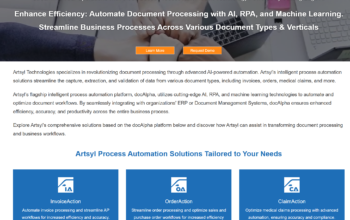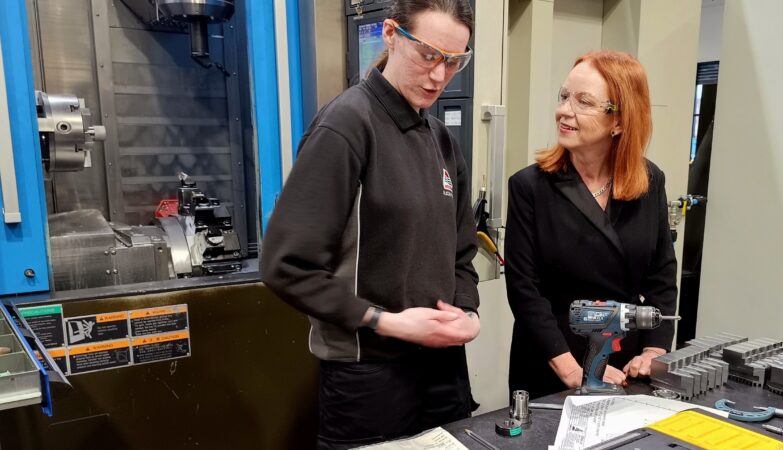ELAS, a leading, expert provider of business support solutions in the UK, offers advice to businesses as October’s Pension auto-enrolment changes approach.
As of October 2012, businesses with over 120,000 employees will need to automatically enrol into a pension scheme and contribute on behalf of ‘eligible jobholders’; this includes UK workers aged between 22 and state pension-age who earn above the minimum earnings threshold, which stands at £8105 for this tax year.
A business’s auto-enrolment scheme can be set up at any point to ensure they are fully-prepared to meet government legislation before it takes effect in late 2014.
Companies need to check on the Pensions Regulator website to learn when the legislation applies to their specific organisation; they need to register with the regulator within four months of this date by submitting the relevant information (key business details, pension scheme and the number of eligible employees). Employers should also ensure that all employees are informed of the changes in writing, covering all key points.
Businesses can choose from four types of pension scheme: Defined Contribution (DC); Defined Benefit (DB); Hybrid; and a Contract-based DC.
Peter Mooney, Head of Consultancy at ELAS, says: “Employers are prohibited from requiring an employee to make a decision regarding enrolling or remaining a member. For example, jobholders cannot be asked to make choices about which fund they wish to invest in before joining. Nevertheless, members are permitted to volunteer a choice if it is within the rules of the scheme, and employers will also have to set up a default fund within their AE scheme for members who do not choose.
“In addition, the scheme cannot require jobholders to supply information in order to enrol or remain a member. This means that employees cannot be asked to provide consent to be part of the AE scheme.
“The same rules apply to any barrier that excludes employees from enrolling. For example, if an existing scheme restricts members under 21 from joining, employers will need to change the rules or provide another AE scheme for younger jobholders who want to opt in.
“Finally, the scheme is prohibited from requiring an employer to supply information about the jobholder other than what is specifically needed for AE. This rule can be flexible if the employer feels that it is possible to provide information within a short enough time period so as not to disrupt the AE process.”
For more information on ELAS and their business services, please call 07881 944852 or visit http://www.elas.uk.com.
About ELAS:
ELAS Integrated Business Support has been operating throughout the UK since 1996, and offers a comprehensive range of business compliance services. ELAS’ team of experts support thousands of businesses all over the UK and Ireland in employment law, health & safety, payroll, CRB checks, accredited training, absence management and intelligent software solutions.
Contact:
Lucy Nixon
Employment Law Advisory Services Limited
Charles House, Albert Road
Eccles, Manchester, UK
Zip: M30 0PW
Tel: 08450 50 40 60
Email: google@employment-law.uk.com







